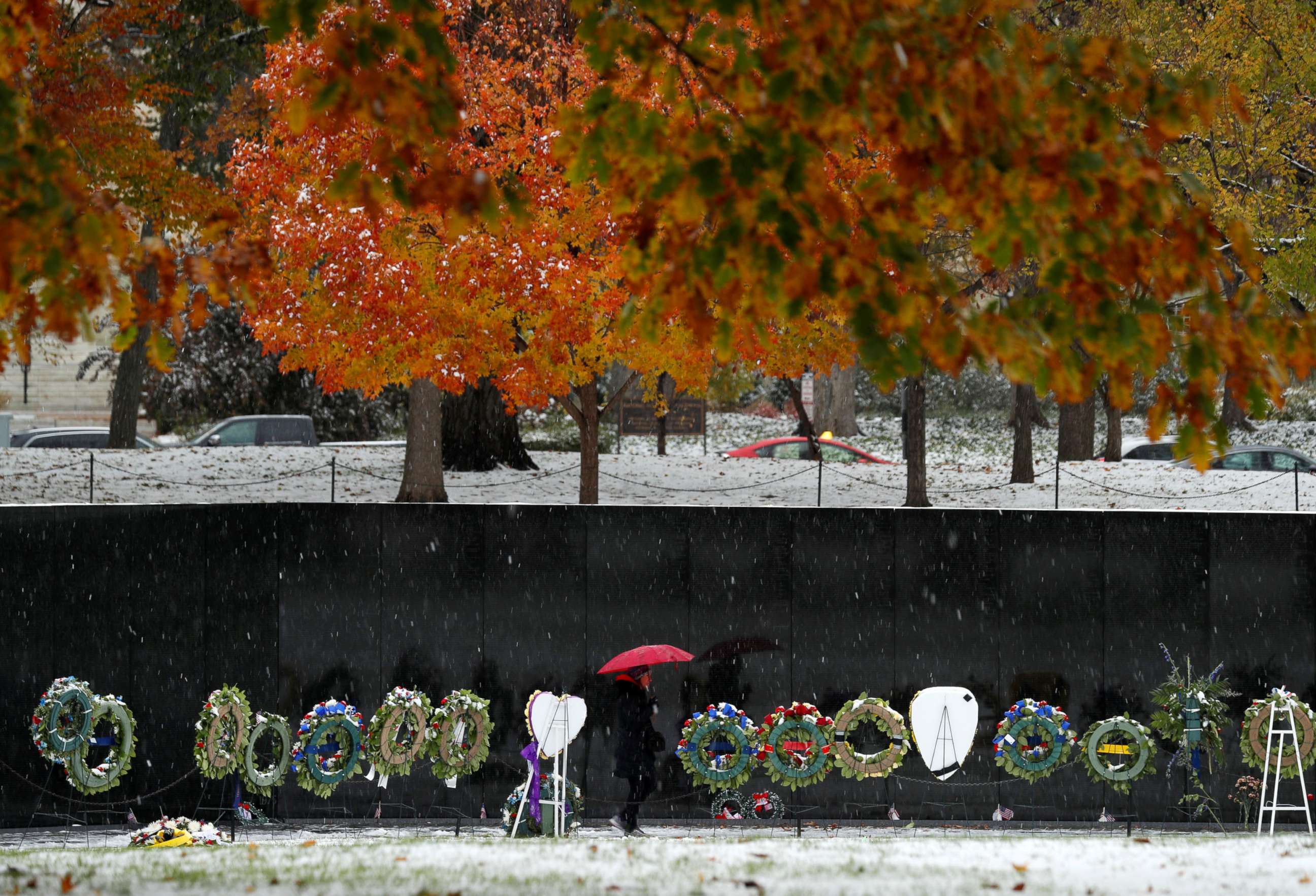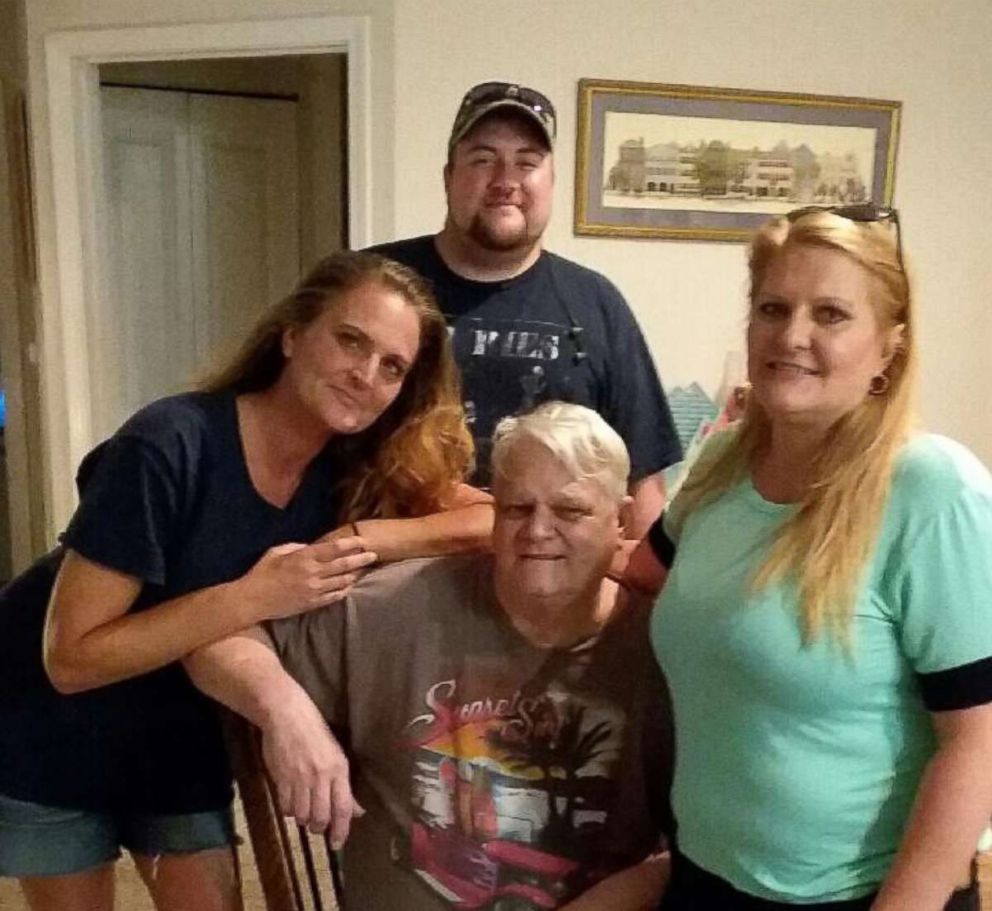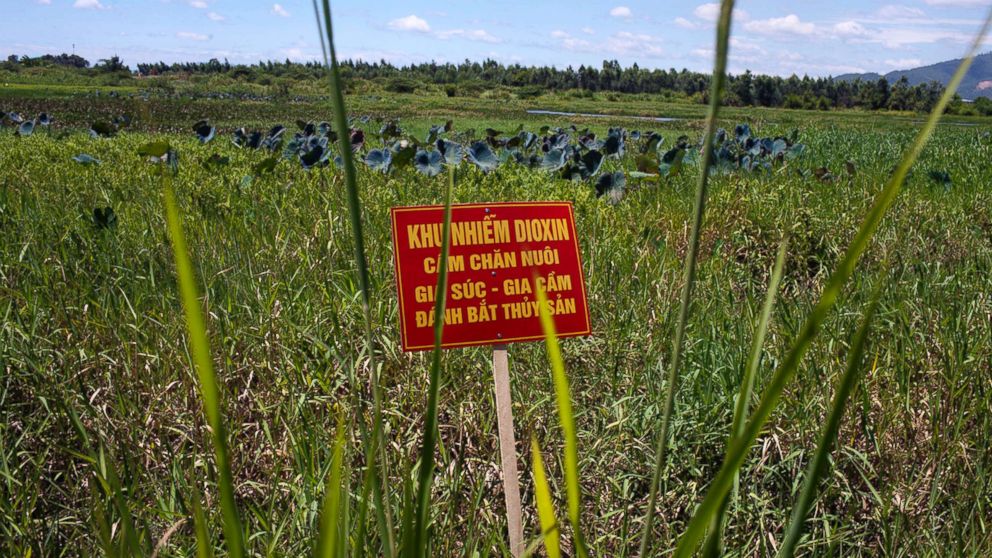Scientists call on VA to study Agent Orange impact in Vietnam veterans' kids
A new report calls for the Department of Veterans Affairs to look at the generational impact of male Vietnam veterans' exposure to dioxin -- a component of Agent Orange.
Decades after the Vietnam War ended, the children of soldiers who served say they continue to struggle grapple with the impact of Agent Orange exposure.
The new report, released Thursday by The National Academies of Sciences, Engineering, and Medicine, specifically looked into generational health effects of dioxin after a special request from the VA.
The group noted "there are relatively few studies on the health effects of paternal chemical exposures on their descendants, and none address Vietnam veterans specifically."

The majority of generational studies done by the scientific community regarding Agent Orange has been focused on women and not men. The report is the final study from the Veterans and Agent Orange series, a Congressionally mandated review that was required following the passage of The Agent Orange Act of 1991.
Agent Orange is a term that is used to describe a series of odorless herbicides that were used by the U.S. military to defoliate hiding places, fields and rice paddies used by the Viet Cong for survival.

Almost 20 million gallons of Agent Orange was sprayed in Vietnam, according to the Department of Veterans Affairs between 1962 and 1971.
The Vietnam Veterans of America, last week told ABC News that they will continue to educate and advocate for its members and their descendants regardless of the outcome of the report.




